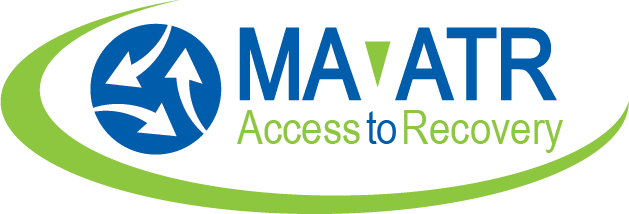As the term “recovery capital” has become more prevalent in the recovery community and in recovery support programs, like ATR, we are diving into how our services help each of our participants increase their own recovery capital.
Recovery Capital
The breadth and depth of internal and external resources that can be drawn upon to initiate and sustain recovery.
In other words, helping individuals with substance use disorders (SUDs) increase their recovery capital means supplying individuals with the necessary resources to sustain their recovery. The Substance Abuse and Mental Health Services Administration (SAMHSA) identifies four major areas of recovery support: health, home, purpose, and community.
In this study of Los Angeles sober living recovery homes, or sober homes, it was found that the residents’ life conditions improved in sober living environments even after a short period of time. From reduced substance use, lower severity of substance use, increased employment, and a reduction in homelessness, sober living provided individuals with an opportunity to address all four recovery support areas.
ATR offers Sober Home Services to ATR participants in need of that additional support towards their recovery goals. ATR Housing Coordinators connect participants with sober homes that suit their needs and ATR Recovery Coaches provide peer support as they navigate the transition to their new environment and provide guidance toward their housing and employment goals. ATR pays up to 5 months of rent for participants to focus on their job training opportunities, financial stability, and long-term housing planning. Each of the supports built into ATR Sober Home Services are provided to bolster an individual’s recovery capital.
